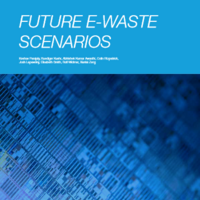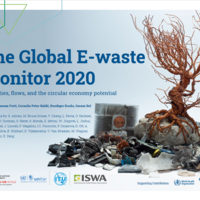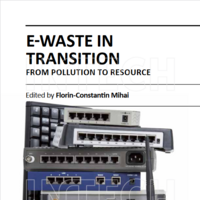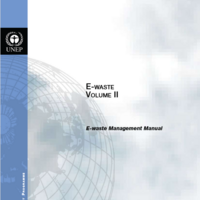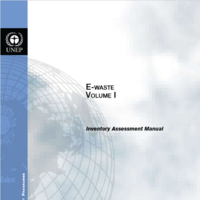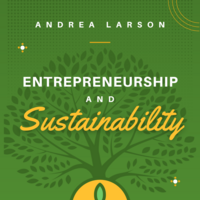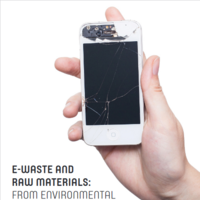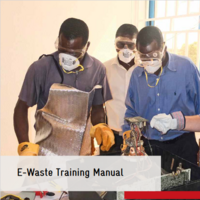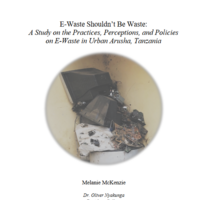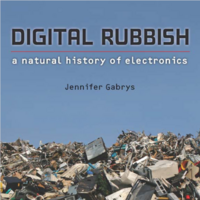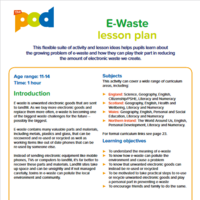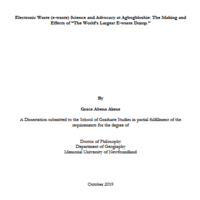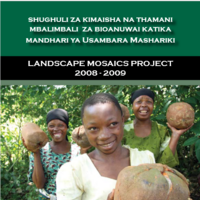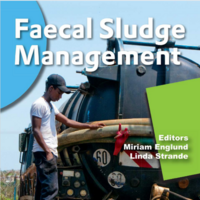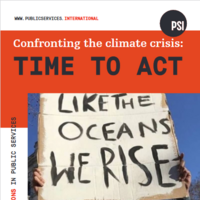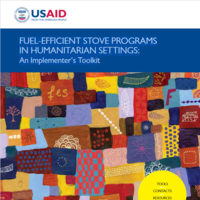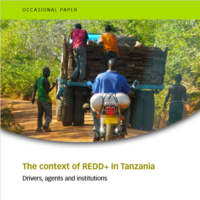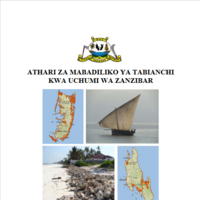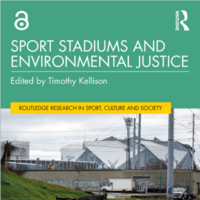Search
Books+
Searching 1,730 books
Search related to the career Sustainability Consultant
Role of a Sustainability Consultant in Waste Reduction
A sustainability consultant plays a crucial role in waste reduction by providing expertise and guidance to organizations, businesses, and communities. Their primary objective is to develop and implement sustainable practices that minimize waste generation and promote efficient resource utilization. Here are some key responsibilities of a sustainability consultant in waste reduction:
1. Assessing Current Waste Management Practices: The consultant begins by evaluating the existing waste management systems and practices in place. This assessment helps identify areas of improvement and potential opportunities for waste reduction.
2. Developing Waste Reduction Strategies: Based on the assessment, the consultant formulates customized waste reduction strategies tailored to the specific needs and goals of the organization. These strategies may include waste prevention, recycling initiatives, composting programs, and the implementation of circular economy principles.
3. Conducting Waste Audits: Sustainability consultants often conduct waste audits to analyze the composition and quantity of waste generated. This data helps identify the types of waste that can be reduced, recycled, or diverted from landfills. Waste audits also provide insights into potential cost savings and environmental benefits.
4. Implementing Waste Management Plans: Consultants work closely with organizations to implement waste management plans that align with sustainability goals. This may involve designing and implementing recycling programs, establishing waste reduction targets, and integrating waste management practices into daily operations.
5. Educating and Training: A sustainability consultant plays a crucial role in educating employees, stakeholders, and the community about waste reduction practices. They conduct training sessions, workshops, and awareness campaigns to promote behavioral changes and encourage sustainable waste management practices.
6. Monitoring and Evaluation: Consultants continuously monitor waste management practices to assess their effectiveness and identify areas for improvement. They track key performance indicators, measure progress towards waste reduction goals, and provide regular reports to stakeholders.
7. Keeping Up with Regulations and Best Practices: Sustainability consultants stay updated with local, national, and international waste management regulations and best practices. They ensure that organizations comply with relevant laws and regulations while implementing innovative waste reduction strategies.
8. Collaborating with Stakeholders: Consultants work collaboratively with various stakeholders, including government agencies, businesses, non-profit organizations, and community groups. They foster partnerships to leverage resources, share knowledge, and collectively work towards waste reduction goals.
In summary, a sustainability consultant plays a vital role in waste reduction by providing expertise, developing strategies, implementing waste management plans, educating stakeholders, and monitoring progress. Their efforts contribute to creating a more sustainable and environmentally conscious future.
Source: Various AI tools
Sustainable development
Books tagged sustainable development
Social entrepreneurship
Books tagged social entrepreneurship
Searched in English.


